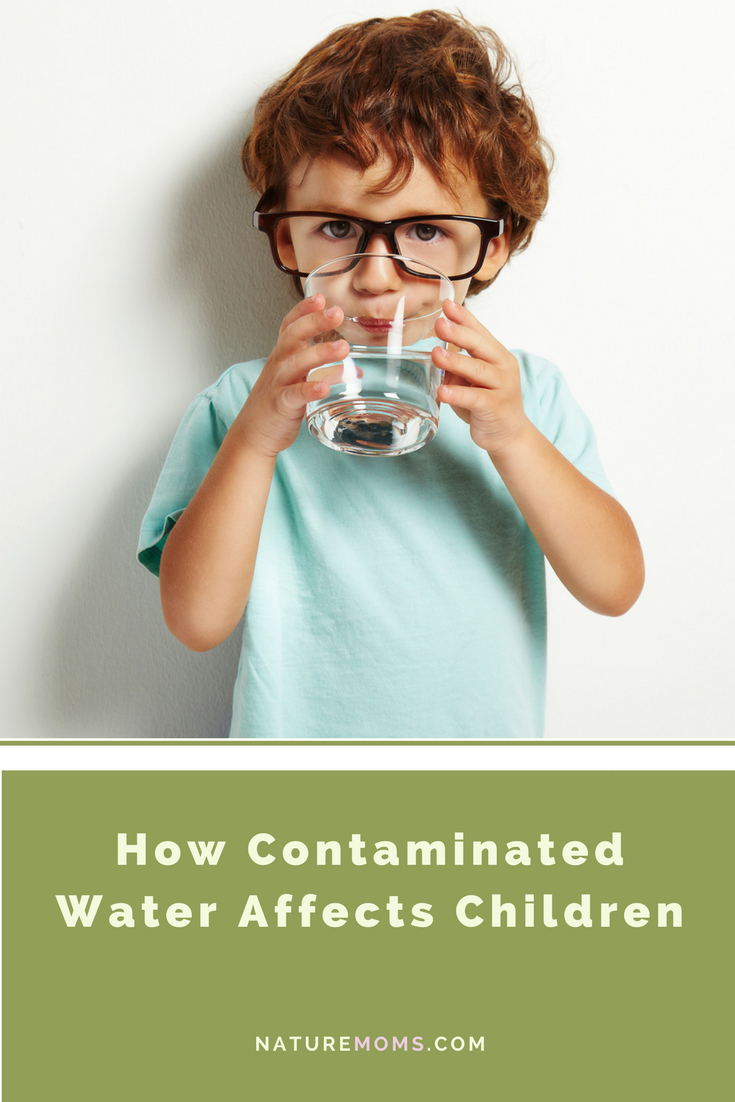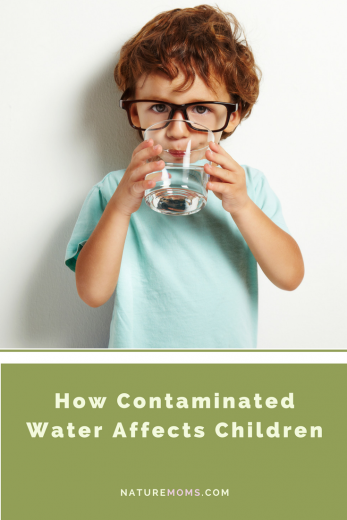 Growing children need anywhere from five to eleven cups of fresh, clean water a day, depending on their age and sex. Water helps keep young bodies hydrated and functioning properly. The body is made up of more than 60% water which helps to lubricate joints, maintain blood volume, and remove toxins. Water also helps the body to regulate its temperature while transporting oxygen and nutrients to its cells.
Growing children need anywhere from five to eleven cups of fresh, clean water a day, depending on their age and sex. Water helps keep young bodies hydrated and functioning properly. The body is made up of more than 60% water which helps to lubricate joints, maintain blood volume, and remove toxins. Water also helps the body to regulate its temperature while transporting oxygen and nutrients to its cells.
Water Related Illnesses
With the increased reports of illnesses related to tainted drinking water, it is important to know exactly what is in your water, especially if you have children. Years of pollution, industrial dumping, and water pipe deterioration have taken a toll on local water systems. Research suggests that nearly one out of every five people in the United States has been exposed to potentially unsafe water in the past decade.
Experts warn that contamination in water can lead to cancer, gastrointestinal distress, and developmental delays in children. Children are at a higher risk than adults when it comes to drinking contaminated water because they drink more for every pound of body weight and their organs and tissues are still experiencing growth. Their small size means that they consume a greater percentage of contaminants which results in higher exposure levels. Heavy metals and toxic chemicals can build up in their bodies, causing lasting damage and possible long-term health issues. It is recommended to use a water filter system at home to keep family members safe from contaminated water.
Lead Poisoning
Lead poisoning is one of the most serious concerns for children when it comes to water quality. Lead can be found in old faucets as well as interior and exterior plumbing. As water sits in these outdated pipes, it can absorb lead. Even if your water tests safe at the source, by the time it passes through the plumbing and out your tap, it could have picked up lead.
Drinking this water can cause lead poisoning that results in a number of serious health concerns, especially for children. Exposure to lead from drinking water can cause neurological, gastrointestinal, developmental, and behavioral issues. The signs of lead poisoning often go undetected, but typical symptoms can include irritability, fatigue, loss of focus, loss of appetite, and weight loss among others. Take action immediately to minimize exposure if tap water is found to have lead levels exceeding 15ppb.
Although lead is the most often talked about water contaminant that is a threat to children, it is not the only one. Parents also need to be sure that drinking water is free from pesticides, heavy metals, bacteria, and other dangerous chemicals. Many of these can cause a variety of issues that may impact a child’s health, leading to long-term damage.
Test Your Water
If you are concerned about the quality of your water, the best thing to do is test it. There are many options for at home testing kits that will give you results within minutes for most contaminants. Whether you have city water or well water, you should make it a habit to test your water at least once a year to ensure that your children have access to plenty of quality drinking water.



